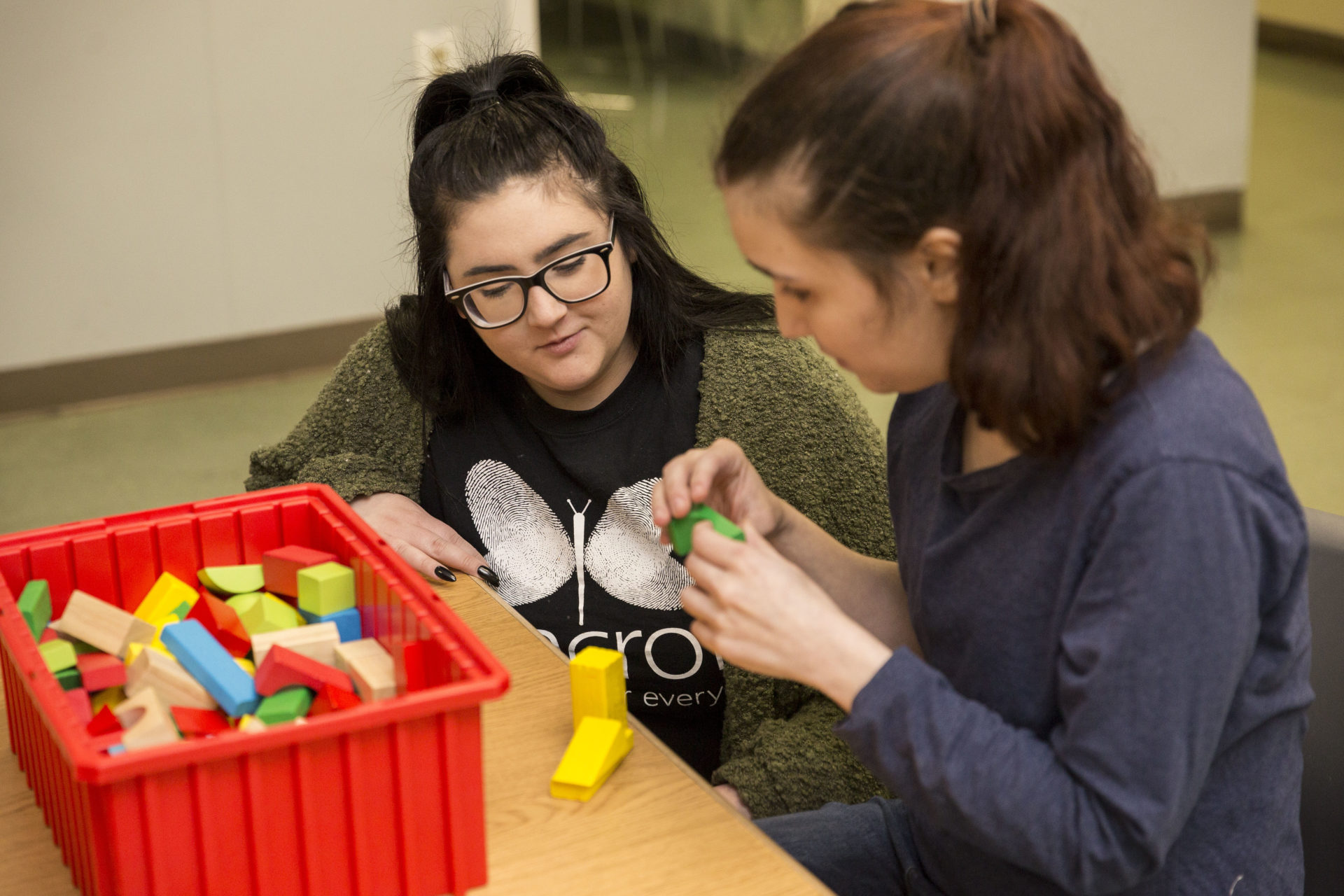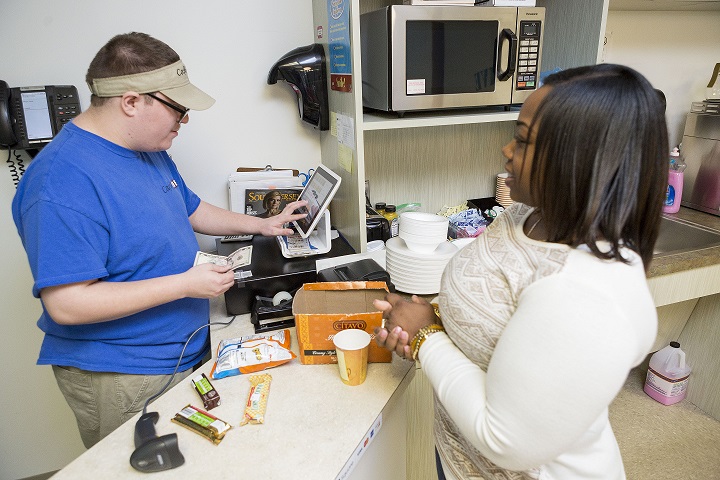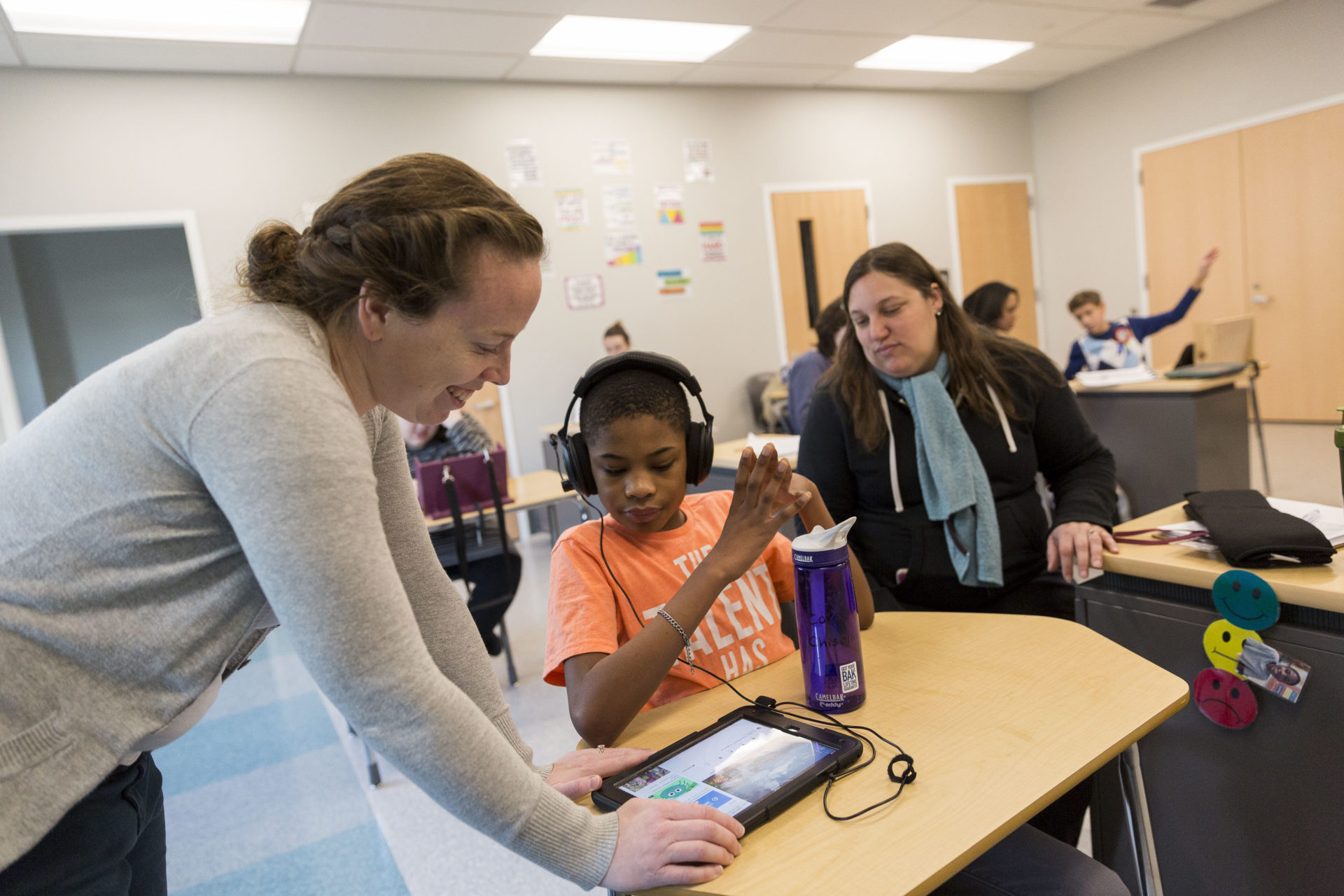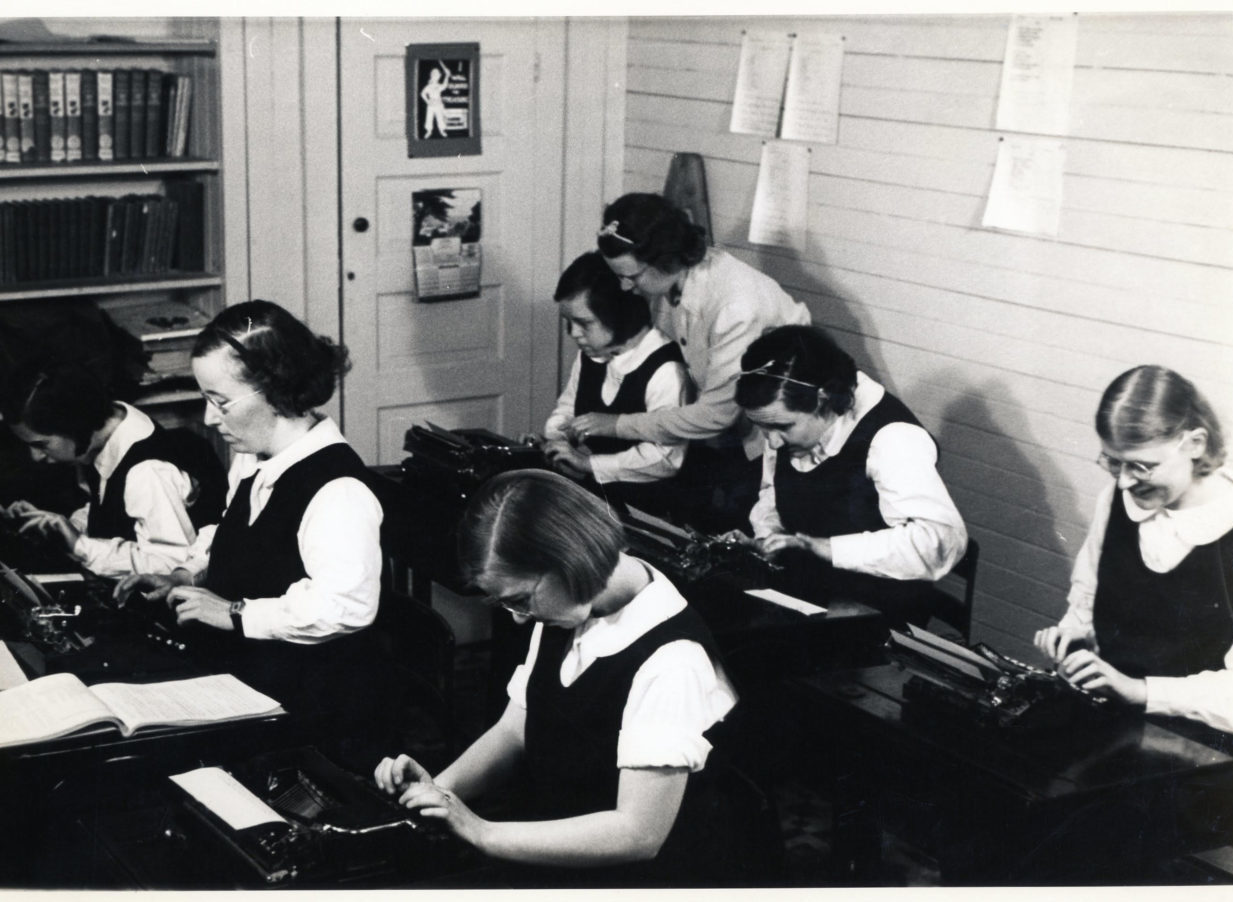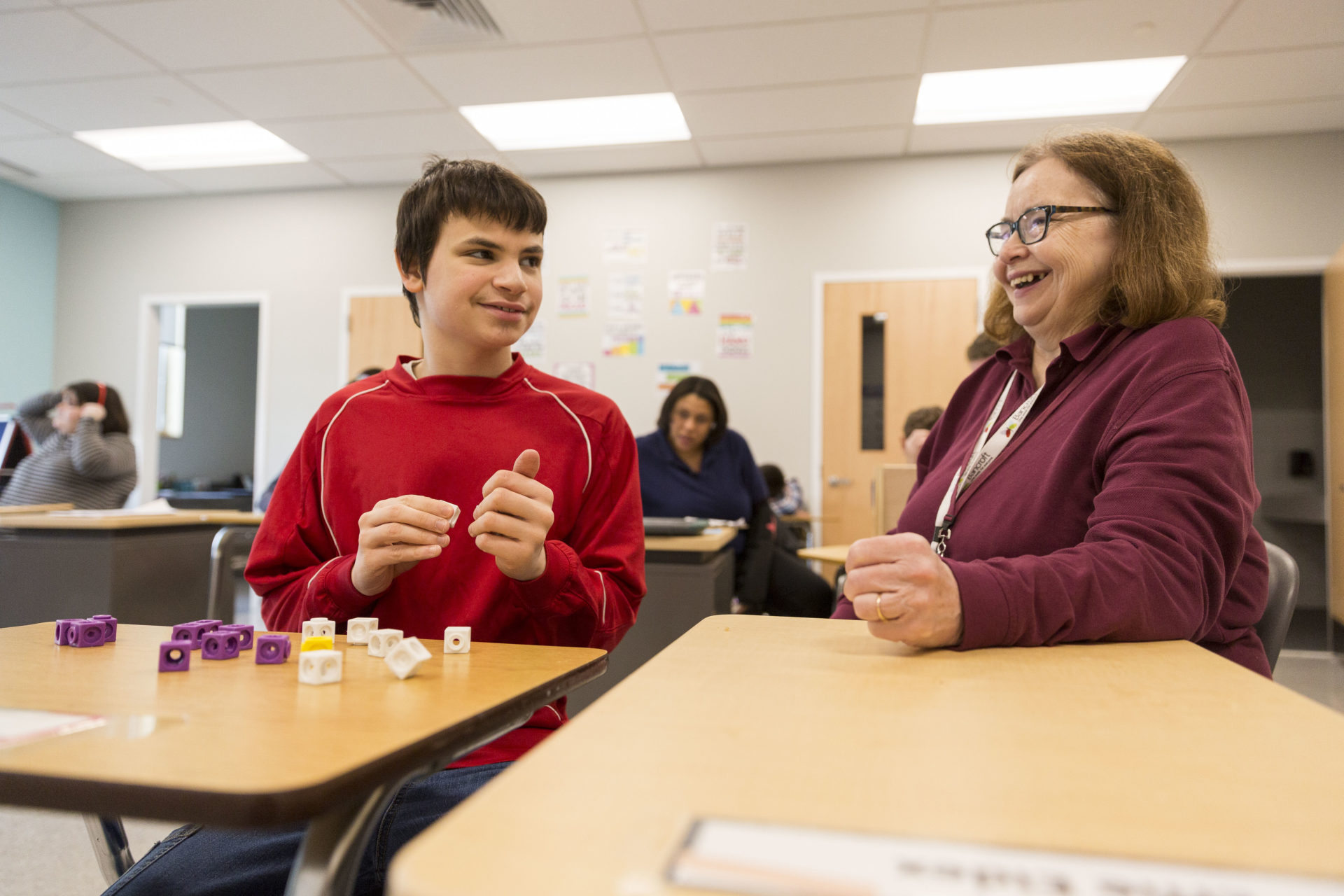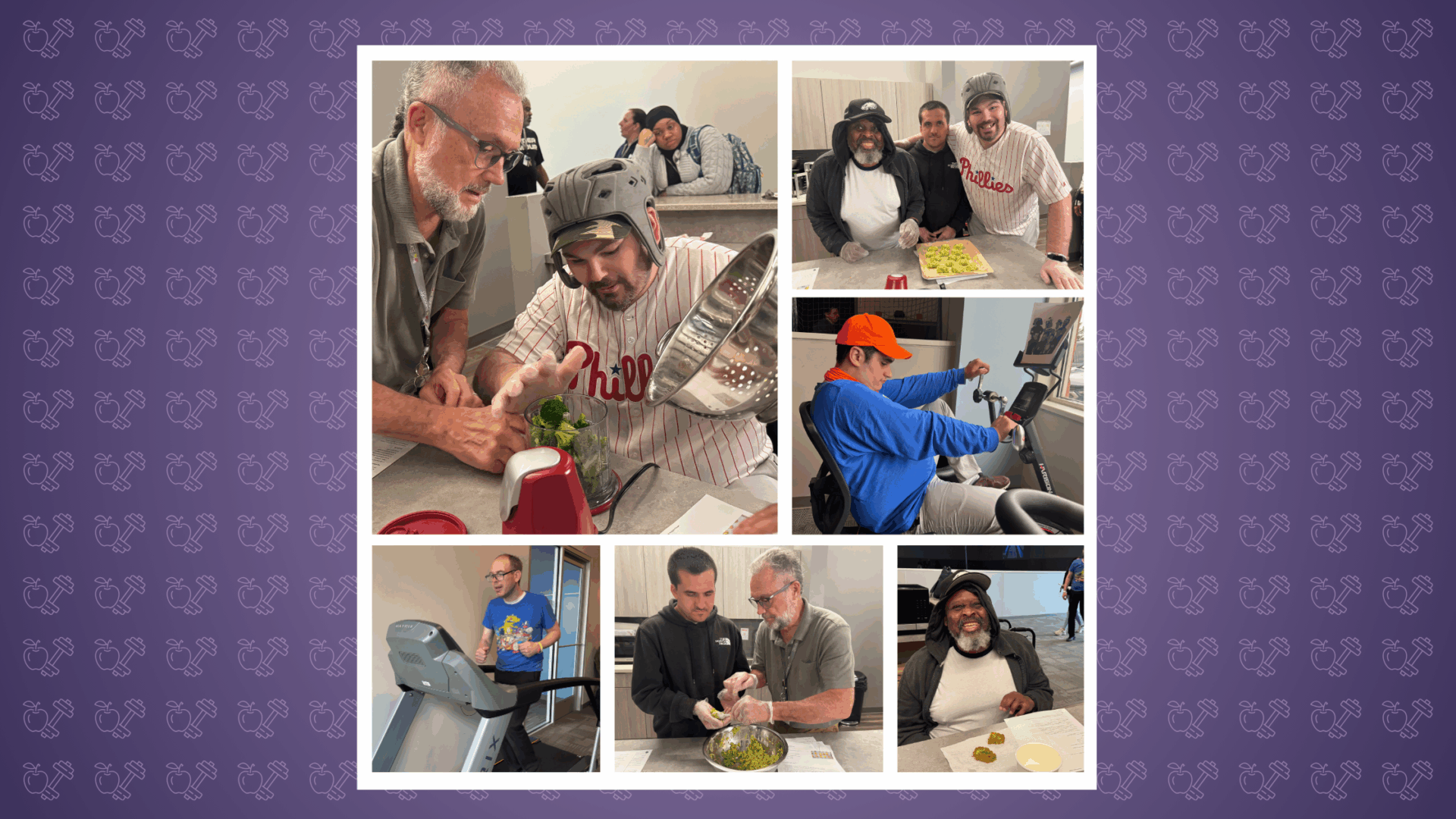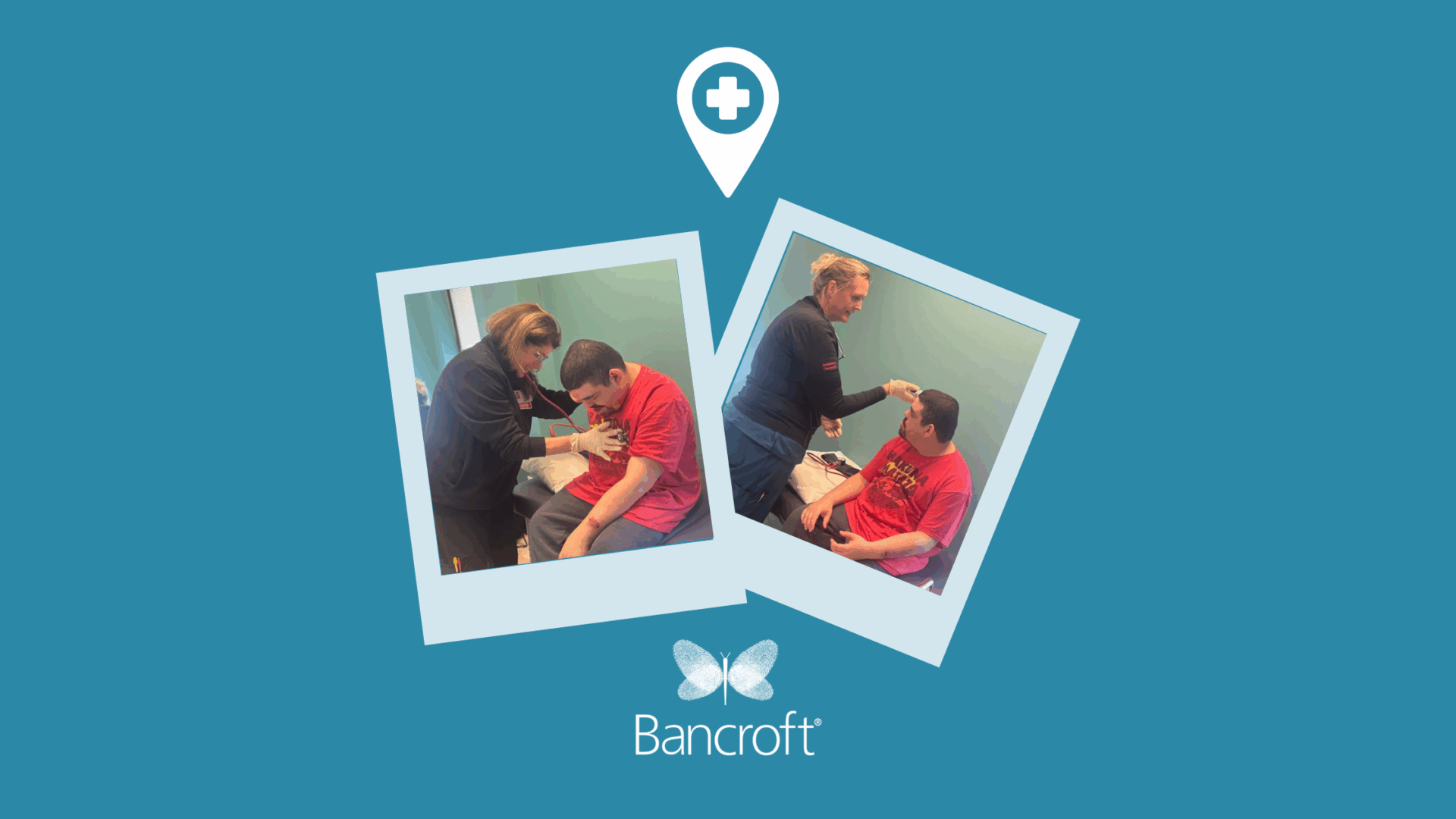More than 200,000 children in New Jersey receive special accommodations in the classroom, according to the latest figures from the Department of Education. And, if you’re a parent whose child has an Individualized Education Plan (IEP), you’re likely familiar with the process. But for families just starting out, preparing for that first IE meeting can be rife with stress, worry and unknowns.
 Bancroft School senior social worker, Misty Simmons McCrosson, MSW, LSW, shares tips to ease worries for parents establishing an individualized education plan for the first time.
Bancroft School senior social worker, Misty Simmons McCrosson, MSW, LSW, shares tips to ease worries for parents establishing an individualized education plan for the first time.
As a Senior Social Worker at The Bancroft School, I’ve guided countless families through the IEP process and know how important it is for parents and caregivers to arm themselves with the right information, and to know the right questions to ask. Take a look below and be prepared before your next meeting with your child’s education team.
Ask these questions:
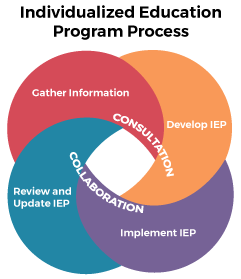
What is an IEP (Individualized Education Plan)?
An Individualized Education Plan (IEP) is a strategy that supports students in special education. The plan, typically a document that undergoes revisions and adapts to meet a student’s changing needs throughout his or her education, is developed by a team of professionals including special education teachers, school administrators, therapists and parents or guardians. An IEP meeting is a collaboration among this team to adapt a student’s plan as he or she grows and develops new skills.
What can I expect during an IEP meeting?
Your child’s entire team – including educators and any therapists – may be present, but you, the parent, are an equally important voice. Remember everyone has a shared goal: to help your child reach his full potential. Keep an open mind and be open to new approaches as your child’s needs change. Most importantly, speak up and be empowered to ask questions about funding, entitlements and other complex issues that affect your child’s education.
How can I prepare for an IEP meeting?
Have a list of skills and a few specific goals you’d like your child to work on. If possible, be in touch with his teacher prior to the meeting to get on the same page – and request an advanced copy of any proposed goals. That way, everyone knows what to expect, and meeting time can be best utilized.
In what ways can our family support my son’s/daughter’s goals at home?
Request specific strategies and task analysis regarding how your child is being taught in the school setting. Parents can arm them themselves with the same tactics and teach the skills in the same manner at home. Specific life skills areas may include communication, dressing, hygiene and self-feeding skills, among academic skills, too.
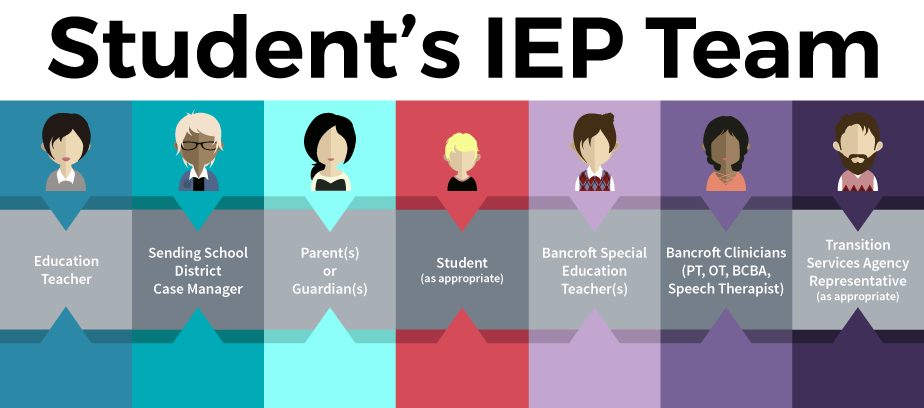
How will the school foster independence? How will you work with my child to fade and eventually discontinue 1:1 staff support?
The IEP meeting is a great time to ensure your child will be exposed to vocational skill building at an early age. A solid plan for fading 1:1 supports should be developed and the student should learn to work in a ratio with other students.
What type of vocational opportunities and job skill acquisition will my child receive to prepare for adulthood?
Students should be exposed to pre-vocational and job skill training as young as elementary school. Be an advocate and ensure your child is receiving adequate preparation for adult life. Middle and high school students should participate in career exploration and be exposed to a variety of experiences. In the last few years of school, students should participate in internships to further build skills, increase independence, develop a resume, and prepare for opportunities after age 21.
Keep these questions in mind the next time you meet with your child’s teacher and specialists. And remember, preparation for adulthood is a key building block in special education. Ensure your child’s IEP includes strengthening independence and life skills, and maintain open lines of communication to prepare your son or daughter for success after graduation.




